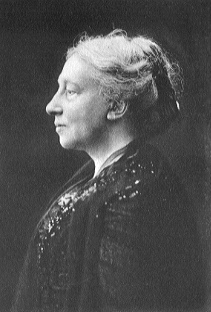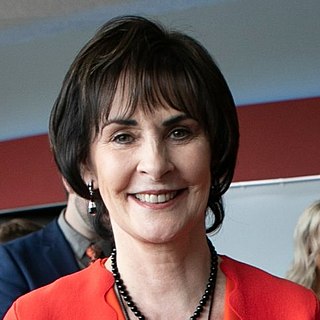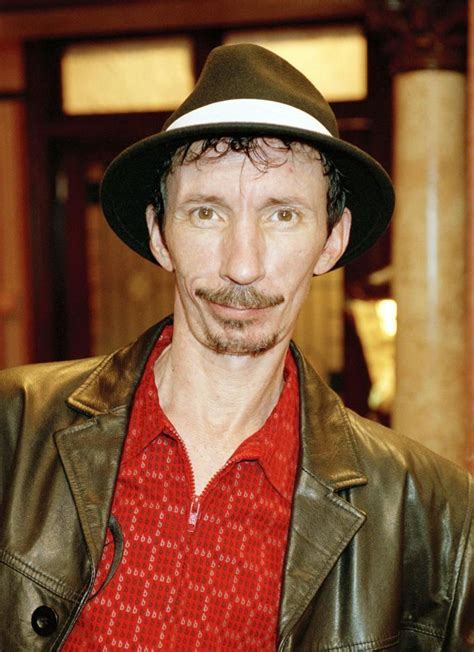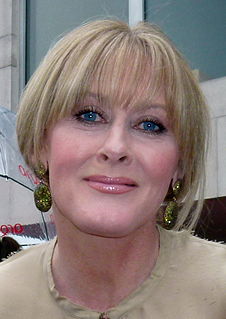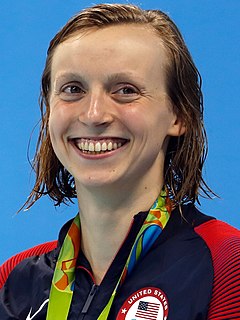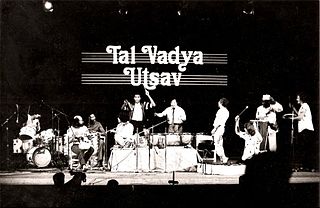A Quote by Lady Gregory
The Gaelic language itself depends very much on ear and rhythm, and when those who are thinking in Gaelic speak in English, they get the same rhythm.
Related Quotes
James Joyce's English was based on the rhythm of the Irish language. He wrote things that shocked English language speakers but he was thinking in Gaelic. I've sung songs that if they were in English, would have been banned too. The psyche of the Irish language is completely different to the English-speaking world.
I grew up watching my Dad, Uncles Ciaran Murray and Brendan Murray, and cousin, Aedin Murray, who were all national caliber Gaelic football players in Ireland. I try to watch as much Gaelic football as I can, it is my first love. I bleed Green, White, and Orange. Gaelic football players don’t get paid to play, you play to represent your county that is more important than earning money.
Whether I'm performing or directing, I'm aways thinking about rhythm; sometimes it's nailing the right rhythm, and sometimes it's intentionally breaking the rhythm. Those two things are what make something funny or not. How long a shot is and where you put the camera are all part of that rhythm of directing.
And if I'm ahead, I can sometimes tell. It might mean I'm having a good swim, but pretty much, I'm just focused on how fast I'm going, how fast I'm feeling, and pretty much block everything out, the sounds, the sights, just kind of listen to the rhythm of the water, and just maintaining the same stroke, the same rhythm, the same tempo, and thinking about how I want to get my hand to the wall.
